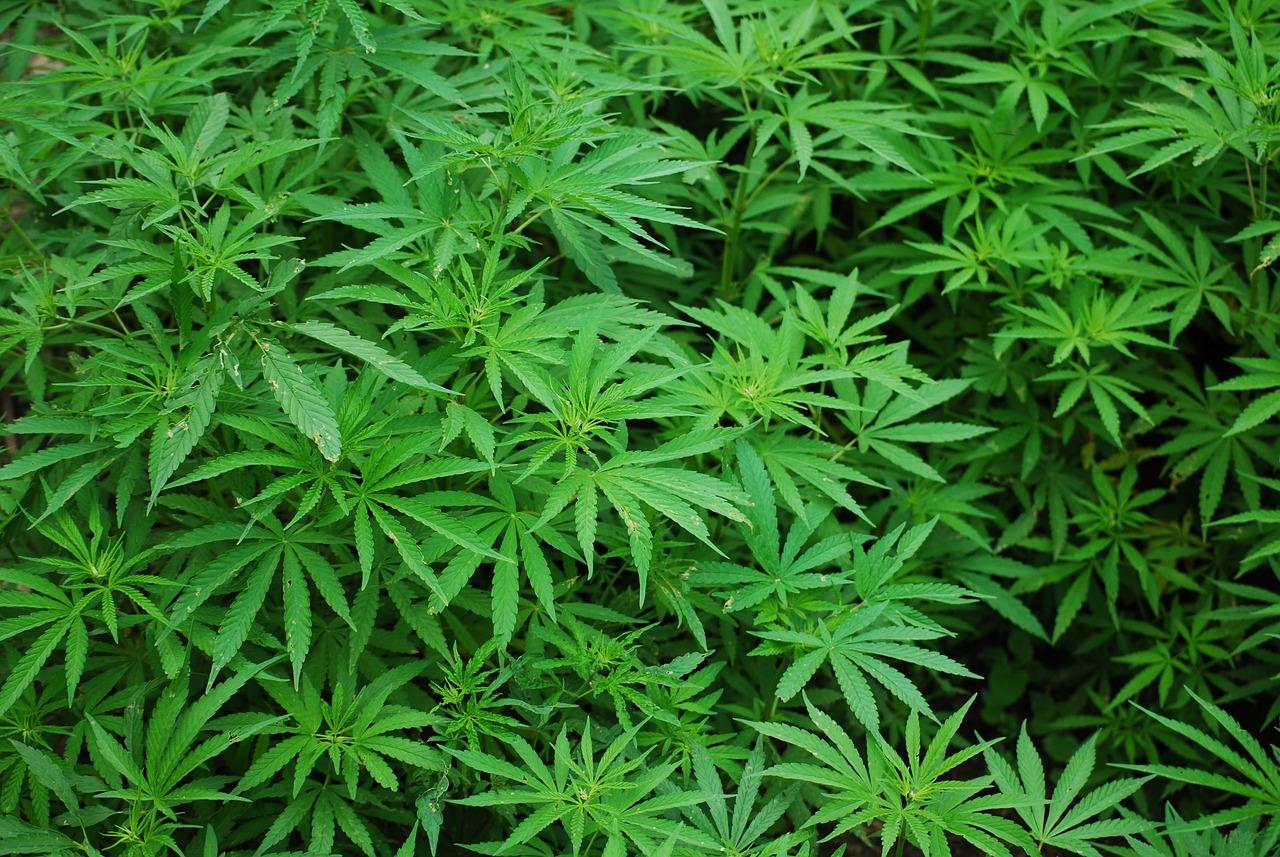SÃO PAULO – As the Supreme Court of Brazil prepared to examine the decriminalization of marijuana possession, Justice Luis Roberto Barroso said the head of the Bishops’ Conference called him earlier to express his concerns over “the legalization of drugs,” adding it was a sign that he had been exposed to “disinformation.”
Barroso claimed Archbishop Jaime Spengler of Porto Alegre had been misguided by “fake news,” since the court is not willing to allow the consumption of illicit drugs in Brazil.
“The Supreme Court considers, as does the current legislation, that the consumption and possession of drugs, even for personal use, is an illicit act,” the justice explained, adding that they’re discussing whether carrying marijuana “should be treated as an illegal act of criminal nature or an illegal act of administrative nature.”
The case began in 2015 and has been interrupted on four occasions after justices asked to study it more carefully. Until now, five justices voted for the decriminalization of marijuana possession, three voted against it, and one opened a new interpretation, suggesting that the Congress and the Executive should determine the criteria to differentiate drug users from drug dealers. Two justices still have to vote.
If the decision for decriminalizing marijuana possession prevails, the justices will need to determine the maximum amount of drug a user can carry without being considered a drug dealer.
The current Drugs Act, approved in 2006 (during the first tenure of President Luiz Inácio Lula da Silva), doesn’t establish criteria to differentiate drug users from drug dealers.
Some analysts argue that such a legal loophole gives too much power to the police and justice authorities, who are the ones deciding the charges against a person caught with drugs.
“Our intention is to create an objective criterion. What happens is that the same amount of drugs [somebody is caught with] in the most affluent neighborhoods of the Brazilian community is treated as [personal] use and, in the poorest communities, as trafficking,” Justice Barroso explained, adding that the court wants “to avoid inequality between rich and poor, white and black.”
The Bishops’ Conference has expressed on different occasions its opposition to any change in the current legislation that could lead to decriminalizing drugs. In March, when the Supreme Court was debating the issue, the episcopate reiterated its “commitment to struggling against drugs.”
Justice Barroso, before beginning the June 20 session, said the court doesn’t intend to change the illegality of drugs and that all justices “collectively consider drugs to be a bad thing.”
Barroso’s mention of his call with Spengler raised a brief quarrel with Justice André Mendonça, who voted against the decriminalization of marijuana possession.
Mendonça, a Presbyterian pastor who served as former President Jair Bolsonaro’s Minister of Justice and was appointed by him to the Supreme Court in 2021 (being identified by Bolsonaro as the “terribly Evangelical” justice he had promised to his Christian supporters), asked for the floor and said he didn’t “believe that the Bishops’ Conference’s president had been a victim of disinformation” and that he had the same opinion as Spengler.
Barroso replied that he was the one who had talked to Spengler and that the archbishop told him that he had been ill-informed about the Supreme Court’s debate.
“He cared to tell me that he worked in poor neighborhoods and that drugs are bad for people and communities. I told him that all of us agree with that, that all of us are against illicit drugs, and that we’re not deciding to legalize drugs. And he was the one to tell me that he had incorrect information on what was being decided,” Barroso said.
Mendonça reiterated that he didn’t think that Spengler had been ill-informed.
“I think [he has the right] information. The truth is that we’re trampling over the legislator. The legislator defined that carrying drugs is a crime. Transforming it into an ‘administrative illicit’ is to go beyond the legislator’s will,” Mendonça said.
The session was suspended and will be resumed on June 25. In parallel, a bill introduced in the Senate aims to criminalize the possession of drugs. The analysis of the bill is currently suspended.
Father Manoel Godoy, a theologian and professor in Belo Horizonte, said part of the Church is lacking the necessary discernment to evaluate the current debate in the Supreme Court.
“It’s not about being for or against drugs. It’s about the hypocrisy that involves arresting the poor for their marijuana and liberating the rich, who consume much more sophisticated drugs,” Godoy told Crux.
“We should examine the current discussion from the point of view of the Black, poor Brazilians who are being imprisoned,” he said.
“Why should only them be penalized? The criminalization of marijuana possession is their criminalization,” he said.
Godoy claimed the Brazilian Church is now far from what it used to be in the 1970s and 1980s, when “it analyzed reality from the point of view of the poor.”
He thinks that ultra-conservative segments in society have been advancing an agenda of discussions that “creates traps for everybody, including the Church.”
“That’s a very serious discussion. I hope the Supreme Court will be able to avoid such a trap and deal with it with the necessary discretion,” he said.











